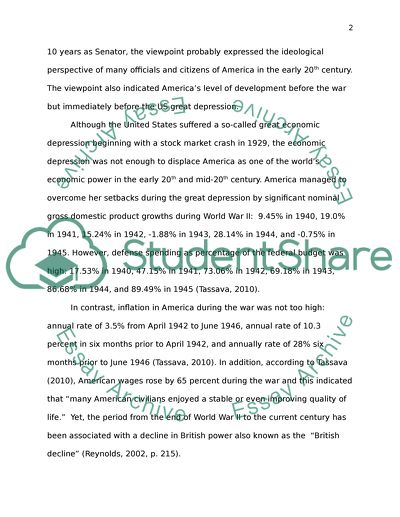Cite this document
(“Global Governance in the 21st Century Essay Example | Topics and Well Written Essays - 2500 words”, n.d.)
Retrieved from https://studentshare.org/history/1449885-global-governance-in-the
Retrieved from https://studentshare.org/history/1449885-global-governance-in-the
(Global Governance in the 21st Century Essay Example | Topics and Well Written Essays - 2500 Words)
https://studentshare.org/history/1449885-global-governance-in-the.
https://studentshare.org/history/1449885-global-governance-in-the.
“Global Governance in the 21st Century Essay Example | Topics and Well Written Essays - 2500 Words”, n.d. https://studentshare.org/history/1449885-global-governance-in-the.


